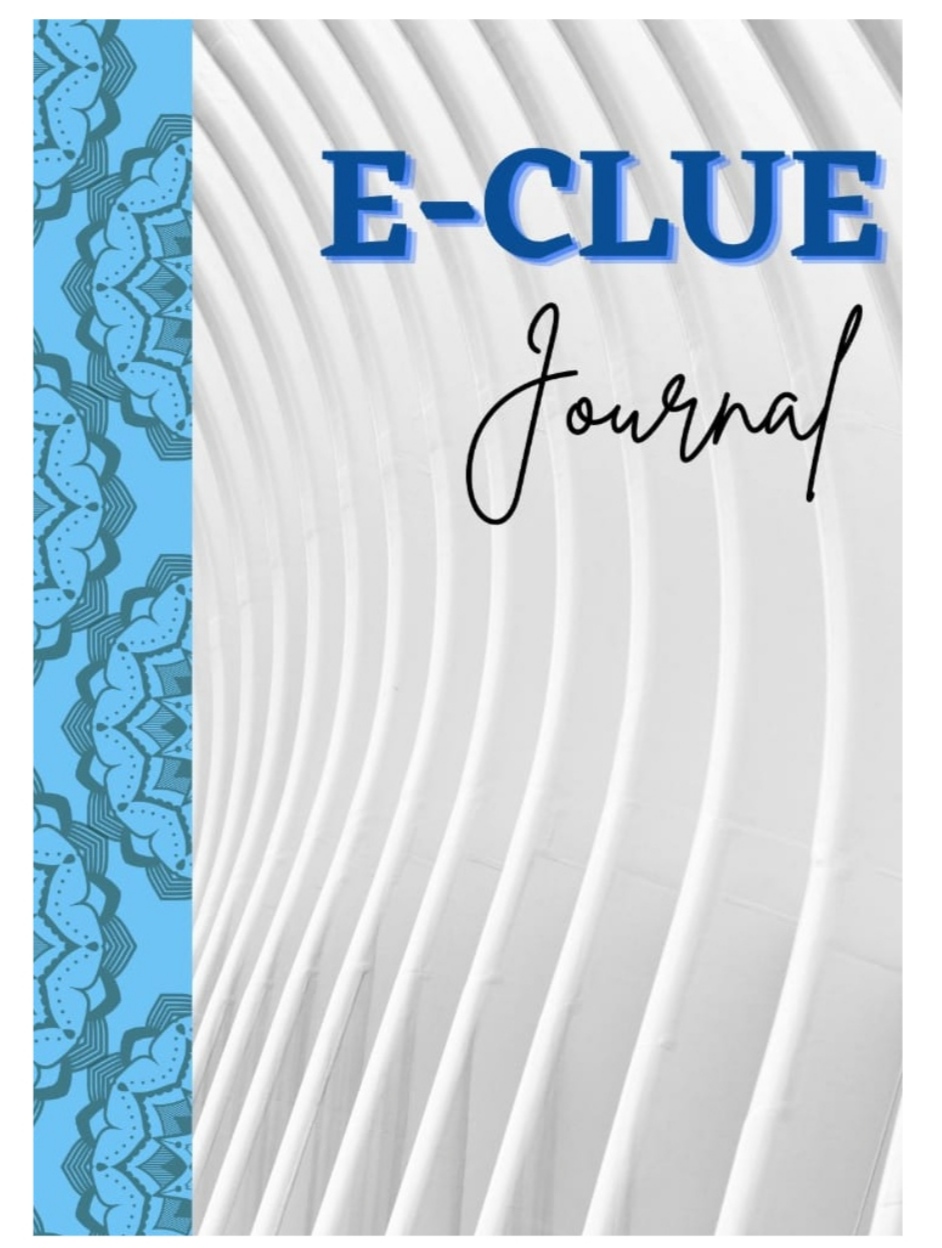Overcoming Initial Deficiencies in Confidence and Classroom Management of English Education Students at Teaching Practicum
DOI:
https://doi.org/10.53682/eclue.v12i1.10067Keywords:
Initial Deficiencies, Self Confidence, Classroom Management, Teaching PracticumAbstract
This study investigates the challenges faced by English Education students at Universitas Pendidikan Muhammadiyah Sorong due to deficiencies in foundational English skills focusing on their confidence and classroom management during teaching practicums The research has three primary objectives: to identify specific challenges analyze the impact of these deficiencies on students confidence and classroom management abilities and propose effective interventions Utilizing a quantitative research design data were collected from sixth semester students through structured surveys and self report questionnaires which assessed perceived challenges confidence levels and classroom management skills The findings revealed significant difficulties in vocabulary 72 grammar 65 pronunciation 58 listening comprehension 60 and speaking fluency 70 compounded by limited exposure to English speaking environments A strong correlation was found between low English proficiency and decreased self confidence with 68 of respondents feeling unprepared to manage classrooms effectively To address these challenges the study proposes targeted interventions including enhanced language support programs peer mentoring simulation activities regular feedback mechanisms and workshops on classroom management These recommendations aim to improve the teaching practicum experience for English Education students ultimately fostering their professional development and effectiveness as future educators < p>
References
Alharbi M 2021 Vocabulary acquisition and grammatical accuracy among non native English speakers Journal of Language Education 16 4 45 58
Bailey K 2022 The teaching practicum and its impact on teacher education Educational Review 23 1 88 101
Bandura A 2021 Self efficacy: The exercise of control Freeman
Chen L Starosta K 2020 Immersive language experiences and language proficiency development Language Learning Journal 48 2 170 183
Chen L Zhang Y Wu J 2022 Feedback mechanisms in teacher training: Enhancing teaching performance Teaching and Teacher Education 108 103514
Davis S Brown J Smith R 2022 Effective classroom management: Strategies and workshops Journal of Educational Research 115 3 212 225
Emmer E T Evertson C M 2020 Classroom management for middle and high school teachers Pearson
Evertson C M Weinstein C S 2021 Handbook of classroom management Routledge
Farrell T 2023 Language proficiency challenges and their impact on teaching Journal of Teacher Education 54 1 50 63
Goh C C M Burns A 2022 The role of language support programs in improving communication skills Language Teaching Research 26 1 12 29
Horwitz E K 2020 Language anxiety and language learning Annual Review of Applied Linguistics 40 1 24
Hudson P 2021 Mentoring programs in teacher education: Enhancing the teaching practicum experience Australian Journal of Teacher Education 46 5 1 15
Hutchinson T Waters A 2020 English for specific purposes: A learning centred approach Cambridge University Press
Jones L 2021 The impact of language uncertainty on classroom management International Journal of Language and Education 8 2 67 80
Kormos J Csiz r K 2021 The role of self efficacy in language learning and teaching Language Teaching Research 25 4 447 464
MacIntyre P D Gregersen T 2021 Language anxiety and language learners: A meta analysis Language Teaching Research 25 2 150 175
McCormack A Thomas M 2022 Simulation based training in teacher education: Enhancing practical skills Teaching and Teacher Education 110 103555
Nurteteng N Setiawan A Putri F Y K 2024 The Papuan High School Students Perception and Attitude Towards English Majors Exposure: Jurnal Pendidikan Bahasa Inggris 13 1 288 298
Morris L King R 2022 The link between confidence and innovative teaching methods Journal of Teacher Development 19 3 212 228
Pajares M F 2020 Self efficacy beliefs in academic settings Review of Educational Research 70 2 153 208
Rahman T Hasan M Khan S 2022 Pronunciation and fluency issues in Indonesian English learners Indonesian Journal of Language Education 12 1 35 50
Richards J C Rodgers T S 2020 Approaches and methods in language teaching Cambridge University Press
Singh R Yadav M 2022 The impact of limited exposure on English proficiency in diverse settings Journal of Language and Literacy Education 10 4 90 105
Thompson G Bennett J 2023 Constructive feedback in teacher development Journal of Educational Feedback 5 2 150 162
Topping K 2021 Peer mentoring and its effects on language acquisition Educational Psychology Review 33 4 523 541
Tran T T Dinh T M 2021 Simulation and role playing in teacher training: Enhancing classroom preparedness Journal of Teacher Education and Practice 31 3 78 93
Tschannen Moran M Woolfolk Hoy A 2020 Teacher self efficacy: Capturing the impact on classroom management and student engagement Journal of Educational Psychology 92 4 781 790
Walker D J Soltis J F 2020 Curriculum and instruction in the diverse classroom Sage Publications
Wang X Liu Y 2021 Classroom management workshops: Improving teachers skills and confidence Journal of Educational Training 22 2 200 215
Weng K L Tsai C C 2021 The role of peer mentoring in enhancing language learning Language Learning Technology 25 1 45 60
Zhang L Wang Z 2021 Exposure to authentic language use and its impact on language skills Applied Linguistics Review 12 3 205 223






